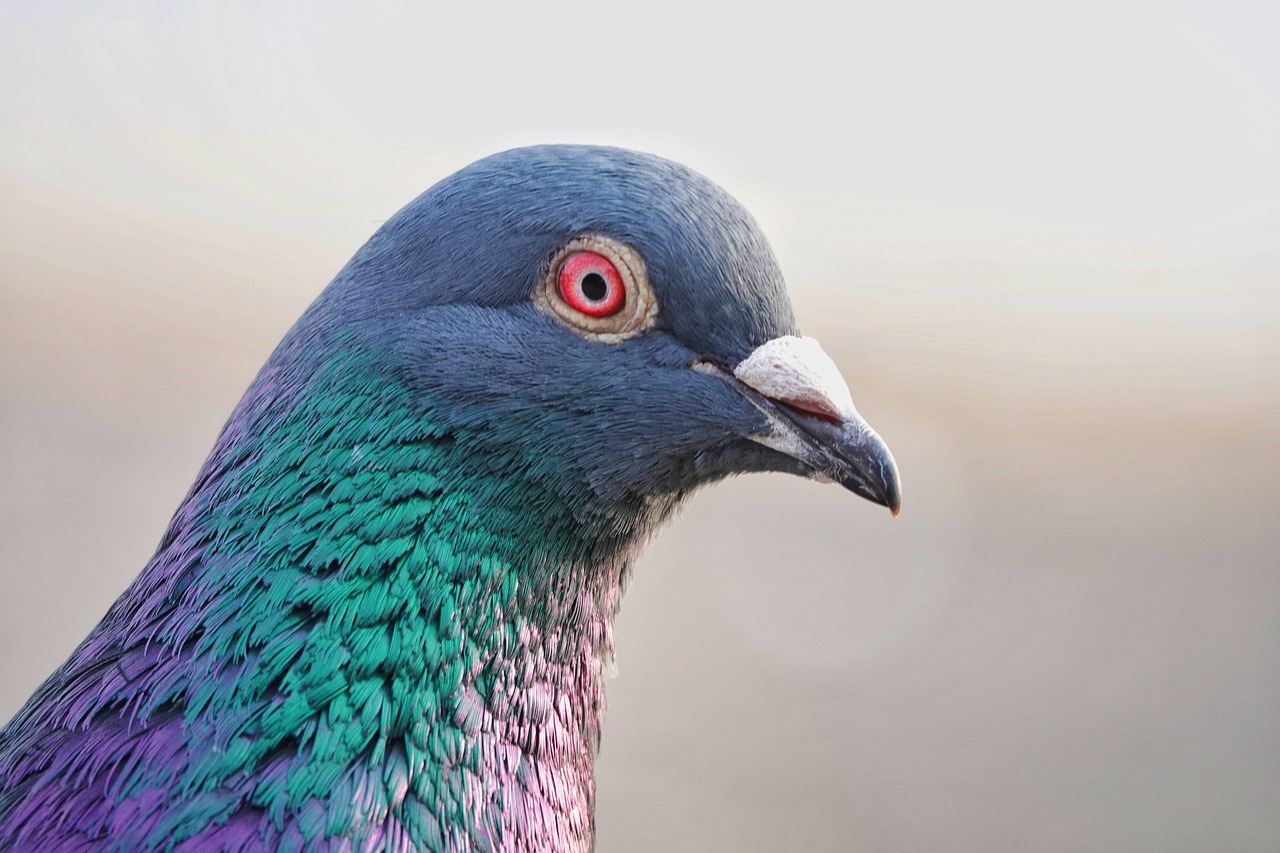Introduction:
Pigeons, often overlooked and misunderstood, are remarkable creatures that deserve a closer look. In this article, we’ll explore the positive aspects of these birds, dispelling common misconceptions along the way. We’ll touch on their loyal partnerships, clarify their status as non-vermin, delve into the fascinating process of egg incubation, and address concerns regarding diseases. Additionally, we’ll differentiate between common pigeons and the wood pigeon, highlighting the unique contributions each makes to our ecosystems.
Pigeons and Lifelong Bonds:
One of the most endearing qualities of pigeons is their commitment to their partners. Once pigeons find their mate, they typically form a lifelong bond, displaying a level of loyalty that is truly heartwarming. This dedication to one another showcases the depth of their emotional connections, a trait that sets them apart in the avian world.
Dispelling the Vermin Myth:
Contrary to popular belief, pigeons are not vermin. While they may be abundant in urban environments, they do not pose the same risks or nuisances as true vermin species. They coexist with humans in a peaceful and often symbiotic manner, contributing to the rich tapestry of urban wildlife.
The Miracle of Egg Incubation:
The process of pigeon egg incubation is nothing short of extraordinary. Pigeon eggs typically take between 17 to 19 days to hatch. During this time, the parent pigeons take turns meticulously incubating the eggs. This display of care and dedication showcases the depth of their commitment to nurturing their offspring.
Timing of Egg Laying:
Pigeons are remarkably adaptable when it comes to reproduction. While they can lay eggs throughout the year, they tend to be most active in breeding during the spring and summer months, when food is more abundant and the weather is favorable. This adaptability highlights their ability to thrive in diverse environments.
Addressing Disease Concerns:
Dispelling a common misconception, pigeons are not carriers of diseases harmful to humans. While it’s important to practice general hygiene around any wildlife, the risk of contracting diseases directly from pigeons is low. With proper precautions, we can peacefully coexist with these birds in our urban landscapes.
Wood Pigeons: Valuable Ecosystem Contributors:
Wood pigeons, a specific species of pigeon, play a vital role in our ecosystems. They contribute to seed dispersal and help control insect populations, ultimately aiding in the delicate balance of our natural world. Recognizing their ecological significance encourages a deeper appreciation for these feathered friends.
Conclusion:
Pigeons are more than just birds in the urban landscape; they are unsung heroes of the natural world. Their loyalty, adaptability, and contributions to our ecosystems make them worthy of our admiration and respect. By understanding and appreciating these facets of pigeon life, we can foster a harmonious coexistence between humans and these remarkable creatures.

